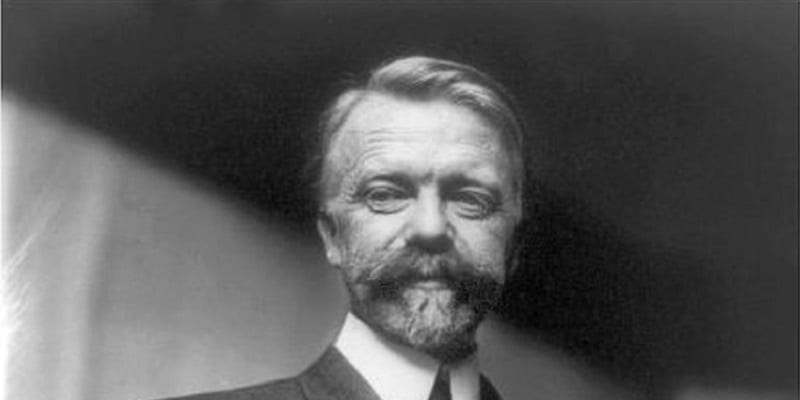Earlier in the year I was tidying up some old books in my loft, and I came across all my notes and books from my MBA completed between 1996 and 1999. As I was reading them, I came across the theories of Henri Fayol which made me feel very nostalgic so I thought I would write a blog on him
So, who is actually Henri Fayol?
Henri Fayol (1841–1925) was a French mining engineer, management theorist, and author, often regarded as one of the founding figures of modern management theory.
Fayol is most well-known for his Administrative Theory, which emphasizes the structure and functions of management in organizations.
He is recognized for establishing key principles and functions that shaped the foundation of management practices still applied today.
Key Contributions of Henri Fayol:
Fayol provided two main contributions to management. The first was his “14 Principles of Management” and the second is the “5 Functions of Management”. (Personally I still use the “5 Functions” model because of the structure it puts around operational and change activities.
Each is discussed below
Principles of Management: Fayol identified 14 principles that he believed were essential for effective organizational management. These principles are:
- Division of Work: Specialization increases productivity by improving efficiency and expertise.
- Authority and Responsibility: Managers must have the authority to give orders and the responsibility to ensure they are carried out.
- Discipline: Employees must obey and respect rules that govern the organization.
- Unity of Command: Each employee should receive orders from only one superior to avoid confusion and conflicts.
- Unity of Direction: Organizational activities must align with a unified direction or objective under one plan.
- Subordination of Individual Interests to the General Interest: The interests of the organization should take precedence over individual interests.
- Remuneration: Workers must be fairly compensated for their services.
- Centralization: The extent of centralization or decentralization should be appropriate for the organization.
- Scalar Chain: A clear hierarchy should exist, but lateral communication (cross-function) should also be allowed if needed.
- Order: Resources and people should be in the right place at the right time.
- Equity: Fair treatment fosters loyalty and devotion among employees.
- Stability of Tenure of Personnel: High employee turnover is inefficient, so management should strive for stability.
- Initiative: Encouraging employees to act on their own fosters innovation and engagement.
- Esprit de Corps: Promoting team spirit builds harmony and unity within the organization.
Five Functions of Management: Fayol also outlined what he saw as the five core functions of management, which provided a framework for managers to plan, organize, and control operations effectively:
- Planning: Setting objectives and determining the best course of action to achieve them.
- Organizing: Allocating resources and assigning tasks to achieve goals.
- Commanding (Leading): Directing employees to carry out organizational objectives.
- Coordinating: Ensuring activities are harmonized and synchronized for optimal performance.
- Controlling: Monitoring performance and making adjustments as necessary to ensure plans are followed.
What is Fayol’s legacy
Fayol’s work was revolutionary in the early 20th century as he moved away from the prevailing focus on production and technical aspects (like Frederick Taylor’s scientific management).
He emphasized the importance of managerial and administrative roles, making his work foundational for understanding the broader functions of managers beyond the factory floor.
His ideas remain influential in the field of business management, particularly in public administration and corporate governance.


Recent Comments